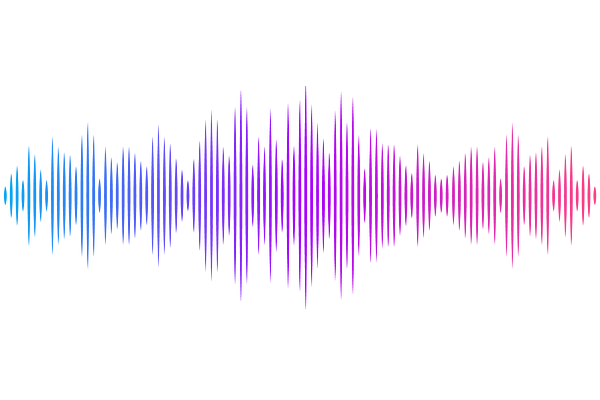Sparkling Water Consumption Mitigates Cognitive Fatigue during Prolonged Esports Play

Sparkling Water Consumption Mitigates Cognitive Fatigue during Prolonged Esports Play
Takahashi, S.; Kosugi, W.; Mizuno, S.; Matsui, T.
AbstractProlonged esports play induces cognitive fatigue, characterized by diminished executive function with pupil constriction. Players often rely on caffeinated or sugary drinks to combat fatigue, but regular use poses health risks. Sparkling water, a sugar- and caffeine-free beverage, stimulates brainstem and prefrontal activity via sensory pathways mediated by transient receptor potential (TRP) channels in the throat. We here tested the hypothesis that sparkling water mitigates cognitive fatigue during prolonged esports play. Fifteen young adult players participated in a randomized crossover trial, each completing two 3-hour sessions of a virtual football game while consuming either sparkling water or plain water. Subjective fatigue, enjoyment, and executive function (via a flanker task) were measured at baseline and hourly, while pupil diameter and heart rate were monitored continuously. Blood glucose and salivary cortisol were also assessed periodically. Compared to plain water, sparkling water significantly attenuated increases in subjective fatigue, enhanced enjoyment, and preserved executive function, along with preventing pupil constriction. Heart rate, blood glucose, and salivary cortisol levels did not differ between conditions. Notably, players committed fewer in-game fouls with sparkling water, while offensive and defensive performance remained unchanged. These findings demonstrate that sparkling water alleviates both subjective and objective signs of cognitive fatigue during prolonged esports play, supporting our hypothesis. This non-caffeinated intervention may help sustain inhibitory control and promote fair behavior, offering a safe and sustainable strategy for managing mental fatigue in modern life.